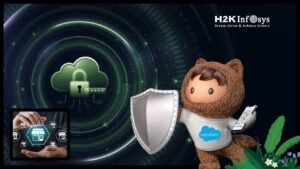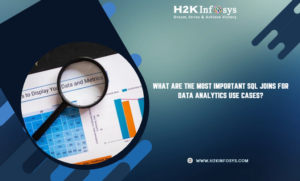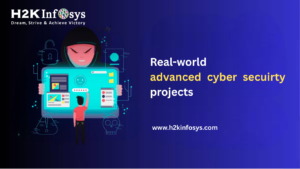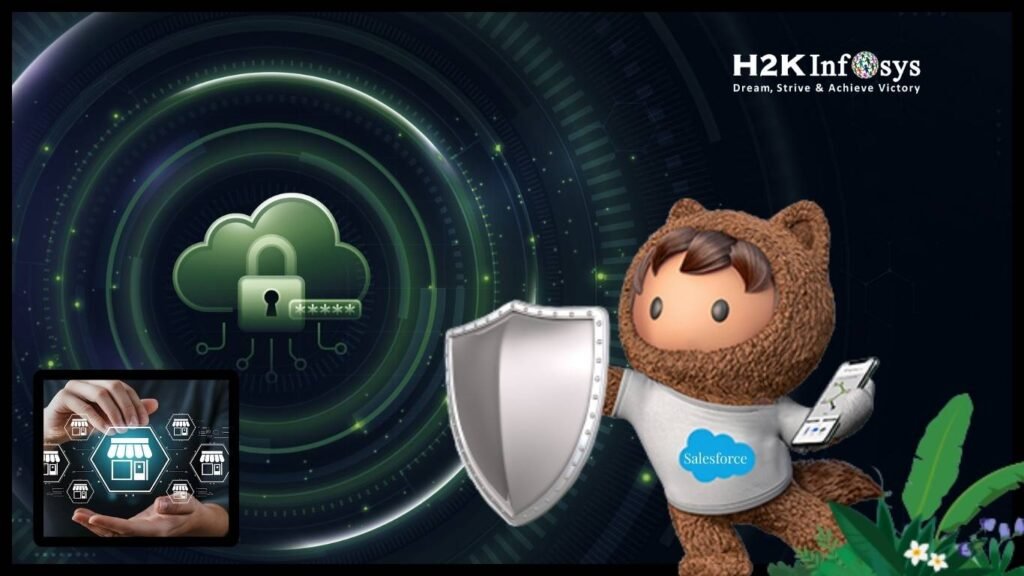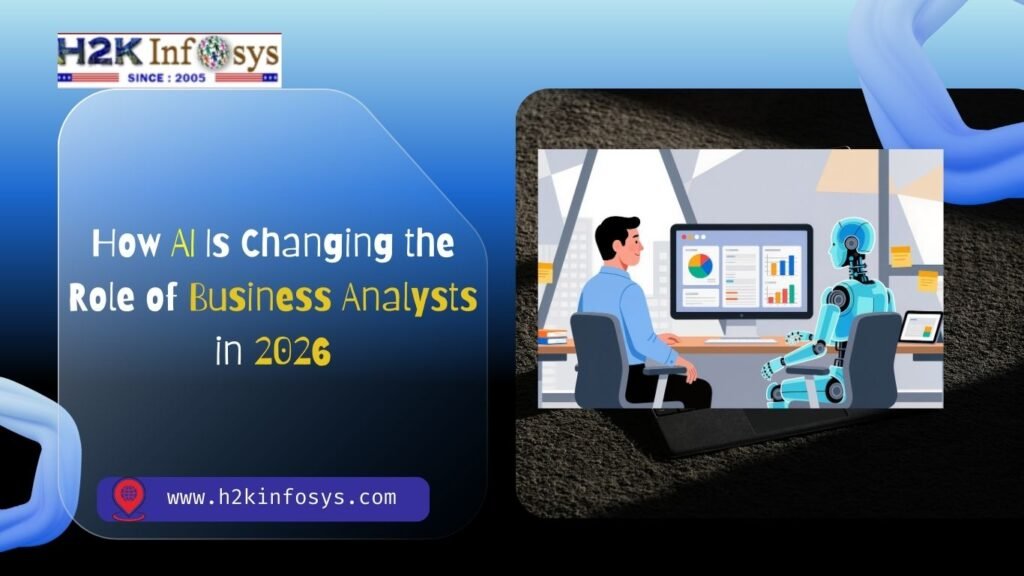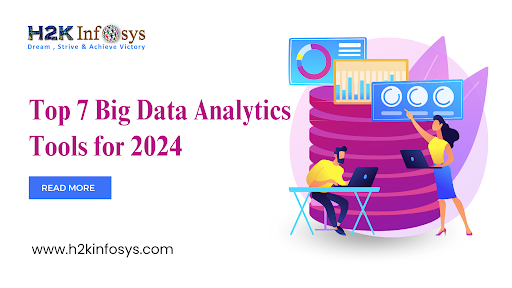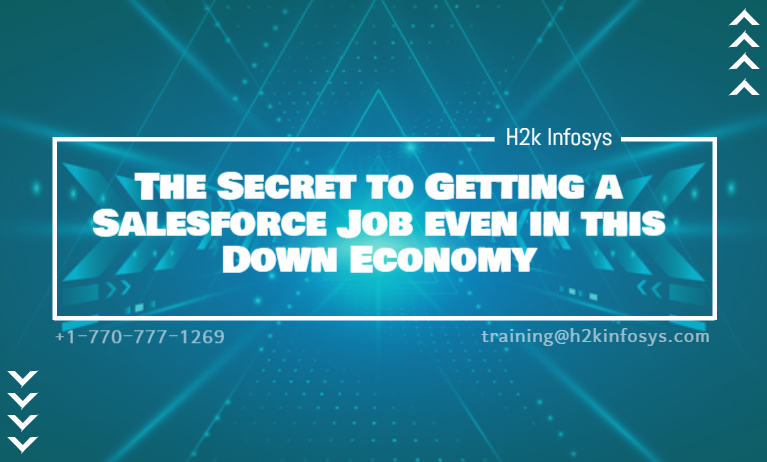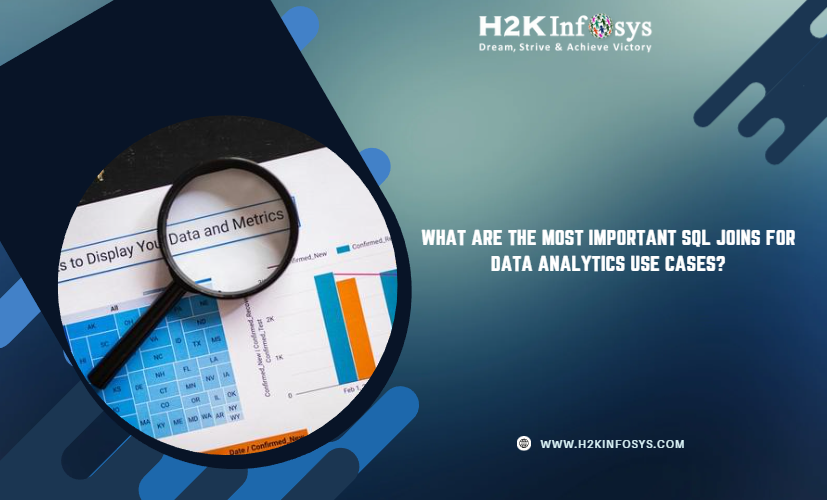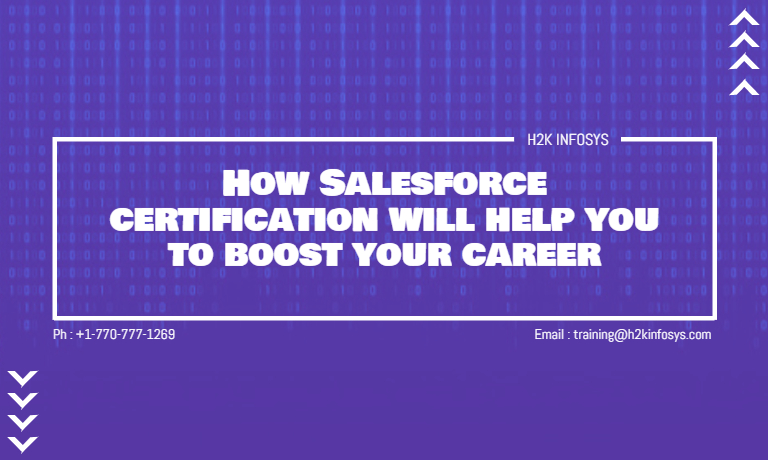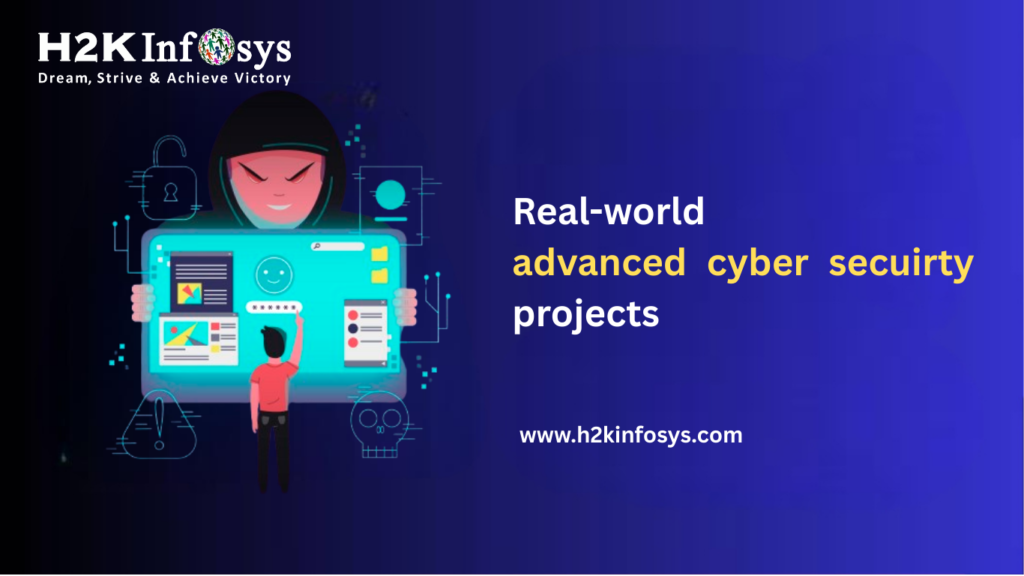Introduction
Starting a business is exciting, but building a sustainable business is what truly leads to long-term impact and profitability. In today’s world, sustainability goes beyond being eco-friendly; it includes environmental responsibility, economic viability, and social impact. A sustainable business not only survives market shifts but also contributes positively to society and the planet while delivering consistent value to its customers. Many aspiring entrepreneurs are now enrolling in Online Business Analysis Courses to gain the strategic, data-driven skills needed to build and scale businesses that align with modern sustainability goals.
Whether you’re a startup founder or an entrepreneur pivoting to a more responsible model, understanding the essentials of sustainability will help you create a business that thrives for years to come.
Define a Clear Purpose Beyond Profit
Every successful sustainable business starts with a mission that extends beyond just making money. Your business purpose should answer: Why do we exist? and What impact do we want to create?
This purpose becomes the foundation for decision making, branding, partnerships, and culture. Think of companies like Patagonia or Tesla brands that have built loyal followings by standing for something bigger than their products.
Tips to define your purpose:
- Identify a specific problem your business solves.
- Align with the UN’s Sustainable Development Goals (SDGs).
- Ensure your purpose is authentic and embedded in all aspects of your operations.
Choose a Sustainable Business Model
Selecting a sustainable business model is crucial for long-term success and positive impact. A sustainable model balances profitability with environmental and social responsibility. Whether you opt for a circular economy approach, a subscription-based model, or a social enterprise, the goal is to minimize waste, reduce resource consumption, and create lasting value. This includes choosing ethical suppliers, designing eco-friendly products, and supporting community development. Entrepreneurs taking Business Analysis Training Online often learn to evaluate and build such models, ensuring that their ventures are both scalable and aligned with sustainability goals from day one, setting the foundation for resilient growth.
- Minimizes waste
- Conserves resources
- Supports ethical practices
- Delivers long-term economic returns
Popular sustainable models include:
- Circular Economy: Designing products that can be reused, repaired, or recycled.
- Social Enterprise: Prioritizing social or environmental goals alongside profit.
- Subscription Model: Encouraging long-term customer relationships and reducing single-use waste.
Evaluate suppliers, distribution channels, and lifecycle impacts to ensure every component of your model supports your sustainability mission.
Start Lean and Grow Responsibly
Start lean and grow responsibly by focusing on essential resources, minimizing unnecessary expenses, and validating your business idea early. Begin with a minimal viable product (MVP) to test market demand without overcommitting. Use customer feedback to refine your offerings, and reinvest profits strategically to scale operations. Avoid debt-heavy expansion and prioritize sustainable growth through efficient operations, partnerships, and adaptable strategies. As your business gains traction, gradually introduce advanced tools, hire strategically, and diversify revenue streams. Staying lean ensures flexibility, while responsible growth builds long-term resilience and profitability. This balanced approach helps startups thrive in a competitive and ever-changing market.

Lean startup principles encourage testing ideas quickly and using feedback to adapt. This prevents wasted time, money, and resources. Sustainable startups often:
- Launch with a minimum viable product (MVP)
- Use local, ethical suppliers
- Reinvest profits into the business rather than chasing fast external funding
Growing responsibly means scaling when systems, people, and values are strong enough to support the next phase.
Prioritize Eco-Friendly Practices from Day One
Prioritizing eco-friendly practices from day one sets a strong foundation for a sustainable business. Start by minimizing waste, using recyclable materials, and choosing energy-efficient tools and suppliers. Opt for digital operations to reduce paper usage and explore renewable energy options when possible. Source locally to cut down on transportation emissions and support your community. Promote a culture of environmental responsibility among your team and customers, and be transparent about your sustainability efforts. These early green choices not only reduce your environmental footprint but also build brand trust, attract eco-conscious consumers, and position your business as a responsible market leader.
Key environmental practices include:
- Using renewable or recycled materials
- Choosing green energy sources
- Implementing zero-waste policies
- Encouraging remote work to reduce carbon emissions
- Using digital processes instead of paper-heavy ones
Small businesses may not always have the budget to go fully green initially, but making conscious choices early helps build the habit and reputation of responsibility. Sustainability-minded customers will notice.
Build a Responsible Supply Chain
Building a responsible supply chain starts with selecting ethical, transparent, and environmentally conscious partners. Prioritize suppliers who follow fair labor practices, minimize waste, and reduce carbon emissions. Conduct regular audits to ensure compliance with ethical standards and encourage continuous improvement. Invest in local sourcing where possible to cut down on transportation impacts and support regional economies. Use technology to track and monitor your supply chain for transparency and efficiency. Establish clear sustainability guidelines for all stakeholders, fostering accountability throughout the process. A responsible supply chain not only mitigates risks but also enhances your brand’s credibility and long-term value in the market.
To ensure a responsible supply chain:
- Choose suppliers with sustainability certifications
- Source materials locally when possible
- Audit partners for labor and environmental practices
- Reduce shipping waste with efficient packaging
A transparent supply chain builds trust and reduces reputational risks. Consumers are more informed than ever and they’re asking tough questions about where and how products are made.
Create a Strong, Inclusive Company Culture
Creating a strong, inclusive company culture begins with embracing diversity, equity, and open communication. Foster an environment where all employees feel valued, heard, and empowered to contribute. Implement inclusive hiring practices and provide training on unconscious bias and cultural awareness. Encourage collaboration, recognize achievements, and support professional growth for everyone. Promote transparency in leadership and decision-making to build trust. Celebrate different perspectives and encourage innovation through inclusive dialogue. A positive, inclusive culture not only boosts morale and retention but also drives creativity and performance. By prioritizing people and values, your business becomes more resilient, adaptive, and positioned for sustainable success.
Inclusive culture practices:
- Fair wages and benefits
- Mental health support
- Diversity in hiring and leadership
- Flexible working policies
- Professional development opportunities
A healthy internal culture results in higher employee retention, better innovation, and stronger team performance. It also ensures that your business “walks the talk” when it comes to ethics and sustainability.
Adopt Ethical Marketing Strategies
Adopting ethical marketing strategies means being honest, transparent, and respectful in all your communications. Avoid exaggerations, misleading claims, or manipulative tactics. Focus on providing real value to your customers and clearly state the benefits and limitations of your products or services. Respect consumer privacy by handling data responsibly and securing consent for its use. Represent diversity fairly in your messaging and avoid stereotypes. Promote sustainability and social responsibility whenever relevant. Ethical marketing builds long-term trust, enhances brand reputation, and fosters loyal customer relationships. By prioritizing integrity over short-term gains, you create a lasting positive impact on both people and profits.
Ethical marketing involves:
- Clearly communicating your values and impact
- Using recycled or digital marketing materials
- Avoiding overconsumption messages (e.g., “buy more now!”)
- Highlighting long-term product value
Consumers are increasingly skeptical and savvy. Being authentic in your storytelling builds loyalty and strengthens your brand.
Measure What Matters
Measuring what matters means focusing on metrics that truly reflect your business’s purpose, impact, and growth. Go beyond vanity numbers like likes or followers track customer satisfaction, retention, employee engagement, and social or environmental impact. Use key performance indicators (KPIs) aligned with your mission and long-term goals. Regularly review financial health, operational efficiency, and community feedback to make informed decisions. Leverage data analytics to spot trends and opportunities for improvement. By measuring meaningful outcomes, not just outputs, you ensure your business remains purpose-driven, accountable, and on a path to sustainable success. What you choose to measure shapes what you ultimately achieve.

Examples of sustainability KPIs:
- Carbon footprint
- Energy consumption
- Waste reduction
- Employee satisfaction
- Community impact
Use tools like sustainability scorecards, ESG (Environmental, Social, and Governance) reports, or even simple spreadsheets. Share your progress with stakeholders to build transparency and accountability.
Leverage Technology for Sustainability
Leveraging technology for sustainability empowers businesses to reduce their environmental impact while improving efficiency. Use cloud computing to minimize physical infrastructure, adopt energy-efficient hardware, and implement smart systems that monitor and optimize energy use. Embrace digital tools to streamline operations, reduce paper waste, and enable remote work, cutting down on commuting emissions. Invest in supply chain management software that promotes ethical sourcing and tracks carbon footprints. Utilize data analytics to identify areas for improvement and make smarter, eco-conscious decisions. By integrating technology with sustainability goals, businesses not only save resources and costs but also position themselves as forward-thinking, responsible market leaders.
Tech solutions that support sustainability:
- Cloud-based collaboration tools (reduce paper and travel)
- AI for inventory optimization (reduces overproduction)
- E-commerce platforms that support product reuse/resale
- Blockchain for transparent supply chains
Tech is not just for large corporations. Affordable tools make it accessible to startups and small businesses too.
Engage and Educate Your Customers
Engaging and educating your customers builds trust, loyalty, and long-term relationships. Share your brand’s values, sustainability efforts, and product benefits through transparent, informative content across various platforms. Use blogs, videos, social media, and newsletters to provide value-driven education that empowers customers to make informed choices. Encourage feedback, start conversations, and listen actively to their concerns and preferences. Offer tips, tutorials, and behind-the-scenes insights to deepen their understanding and connection with your brand. An informed customer is more likely to become a loyal advocate. By fostering engagement and education, you create a community that supports and grows with your business.
Customer engagement ideas:
- Create user guides on sustainable usage
- Offer recycling or take-back programs
- Reward customers for eco-friendly actions
- Host webinars, blog posts, or newsletters on sustainability topics
When customers feel part of your mission, they become advocates. This turns one-time buyers into long-term brand supporters.
Secure Funding with a Sustainability Focus
Securing funding with a sustainability focus involves aligning your business model with environmental and social responsibility. Highlight how your products or services contribute to a greener future, showcasing measurable impact and long-term viability. Investors increasingly seek businesses committed to ESG (Environmental, Social, and Governance) values, so emphasize your ethical practices, eco-friendly operations, and inclusive culture. Prepare a compelling pitch that includes sustainability KPIs, responsible sourcing, and lifecycle impact. Explore funding options such as green venture capital, impact investors, and sustainability grants. Demonstrating a strong purpose alongside profitability helps attract values-driven investors who are committed to supporting meaningful, responsible growth.
To attract funding:
- Clearly define your sustainability metrics
- Show long-term profitability potential
- Highlight certifications or affiliations (e.g., B Corp, Fair Trade)
- Create an ESG-focused pitch deck
Even traditional investors now look at ESG scores as part of risk assessment, making sustainability not just a “nice-to-have” but a business advantage.
Stay Compliant and Future-Ready
Staying compliant and future-ready ensures your business remains resilient in a rapidly evolving landscape. Keep up with local and global regulations related to labor, data privacy, environmental standards, and industry-specific laws. Implement systems for regular audits, risk assessments, and policy updates. Stay informed about emerging technologies, market shifts, and sustainability trends to anticipate change and adapt quickly. Invest in employee training and ethical governance to foster a culture of accountability and continuous improvement. By proactively addressing compliance and innovation, your business not only avoids legal pitfalls but also gains a competitive edge and remains aligned with future growth opportunities.
Tips to stay compliant:
- Monitor local and global regulations (like EU Green Deal, SEC ESG rules)
- Partner with legal advisors for compliance
- Keep documentation and reports ready for audits
- Ensure marketing claims are backed by data
Being proactive positions your business as a responsible leader and avoids costly penalties or reputational damage.
Collaborate with Like-Minded Partners
Collaborating with like-minded partners amplifies your impact and accelerates sustainable growth. Seek out businesses, organizations, and stakeholders who share your values around ethics, sustainability, and innovation. These partnerships can lead to shared resources, expanded reach, co-branded initiatives, and mutual learning. Whether it’s through joint ventures, supply chain collaborations, or community projects, working with aligned partners fosters trust and long-term success. Ensure clear communication and shared goals to maximize value. Collaboration also strengthens your brand’s credibility and opens doors to new opportunities. Together, like-minded partners can drive meaningful change and make a greater collective impact than they could alone.
Partnership opportunities:
- Join sustainable business networks
- Collaborate on circular economy initiatives
- Co-brand products with ethical suppliers
- Participate in global sustainability campaigns
Collaboration can reduce costs, spark innovation, and open up new customer bases that share your values.
Be Transparent and Be Patient
Being transparent and patient are essential values for building a sustainable, trusted business. Transparency fosters credibility clearly communicate your goals, challenges, progress, and decisions with stakeholders, customers, and employees. Don’t hide setbacks; share them as learning moments to build trust and demonstrate accountability. At the same time, recognize that meaningful growth and impact take time. Avoid shortcuts or rushed success, and focus on long-term value over immediate gain. Celebrate small wins, keep refining your strategy, and stay committed to your mission. Patience allows your business to evolve organically, while transparency ensures that every step forward builds lasting, authentic relationships.
Transparency means:
- Acknowledging what you’re doing well
- Being open about what you’re still improving
- Listening to feedback and evolving accordingly
Customers value progress over perfection. It’s okay to start small just make sure you’re moving forward with intention.
Conclusion:
Sustainability isn’t a trend it’s the future of business. Companies that prioritize long-term thinking, environmental care, and social impact are more resilient, profitable, and respected. Starting a sustainable business means laying the groundwork for something that doesn’t just survive but thrives even in challenging times. Enrolling in a BA Course can equip aspiring entrepreneurs with the tools to identify sustainable opportunities, analyze market demands, and implement impactful strategies that align with ethical and environmental goals. With the right skills, you can lead a purpose-driven business built for lasting success in an ever-evolving global economy.
By embedding sustainability into every aspect of your business from your mission to your marketing you’re not only making a difference for the planet but also building a brand that customers love and investors trust.
So, start with a purpose, take practical steps, and stay committed to the journey. The world needs more businesses that care, and yours could be one of them.









